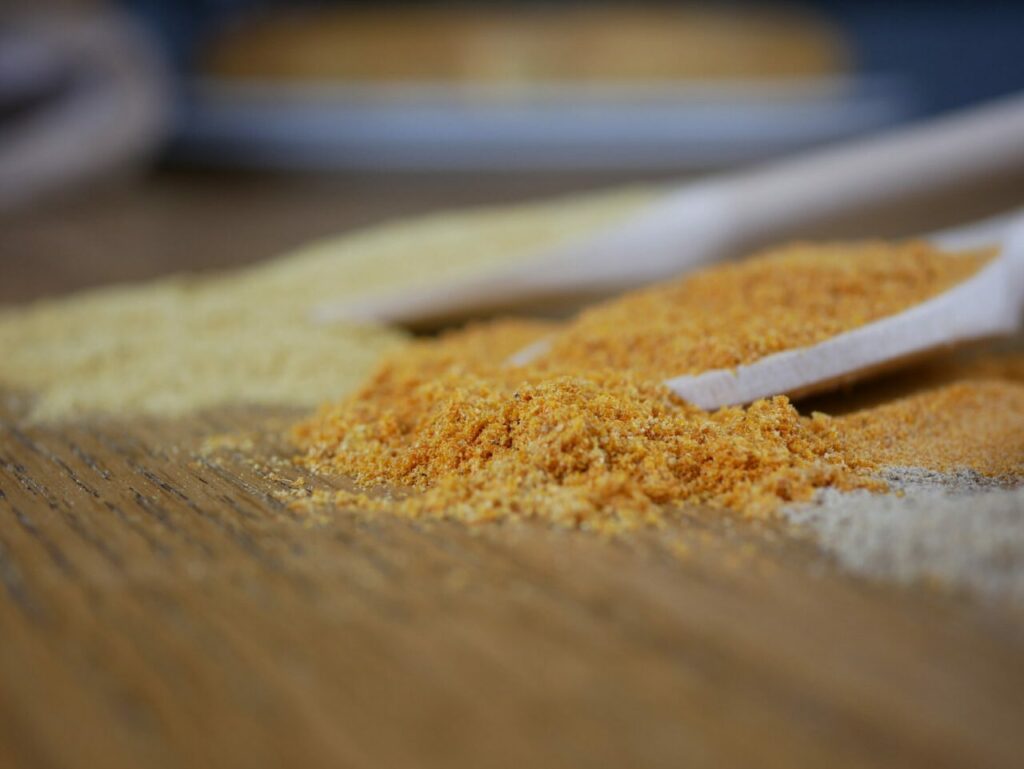With wheat flour up to 40% more expensive, bakers are looking for alternative ingredients. Now they may have their answer in the form of recycling food waste. A startup in Italy is producing a flour substitute from carrot peelings, tomato seeds and orange peel, amongst other discarded foodstuffs.
Packtin is a company that uses food waste such as citrus peel to create products such as 'plastic' film and flour. Each month the company receives twelve tons of food waste from a maximum 150-kilometre radius of their site in Emilia-Romagna. This keeps the impact of transportation low.
The waste is then subjected to the company’s patented drying process, which dehydrates the waste at temperatures between 30 and 40°C. After 24 hours the peelings are parched of all water particles, which is also collected in a condenser and used in the processing plant.
Related News
- Not just for the planet: Why stopping food waste is in all our interests
- Food waste: How can it be reduced in the EU and globally?
"Not only does this technique cost less than freeze-drying, it preserves all the nutritional and taste properties of fruits and vegetables and even manages to keep pectin," said Andrea Pulvirenti, the scientific advisor to the project. "We recently entered into a partnership with an artisanal bakery that wants to flavour its panettones with our orange peel flour."
Packtin flour can be used in various ways depending on the recipe. The different types of flour can be used to change the colour of food and also enhance the taste at a lower cost. In the case of pineapple, its fibres can be extracted to be used as a natural preservative. "By adding pineapple flour to stuffed pasta, we can keep it for up to three months because there will be no loss of fat," Pulvirenti explained.
Other waste-reducing innovations
The Packtin team even imagines using its flours as materials to make edible coatings for fruit and vegetables. This will keep them fresher for longer and thus further reduce waste.
The use of food waste to combat the wheat flour shortage has also led a company in Canada to create a flour substitute from coffee. The GroundUp eco-venture has created a gluten-free flour from used coffee grounds which contains twice as much protein as rice flour. The Canadian company also offers flour made from barley residues obtained from local micro-breweries.
In France, spent grains from the brewing process are also being made into flour to create Japanese noodles, among other upcycled food products, by the Ramen tes Drêches start-up.

